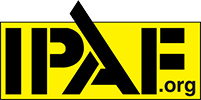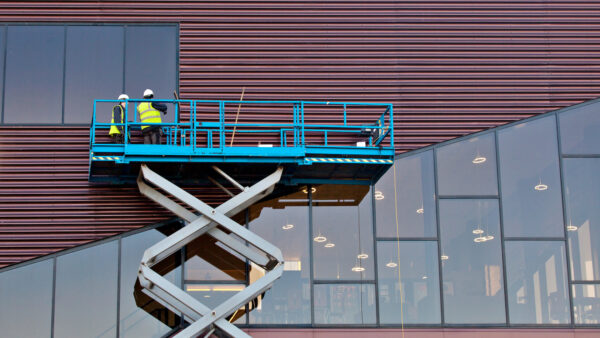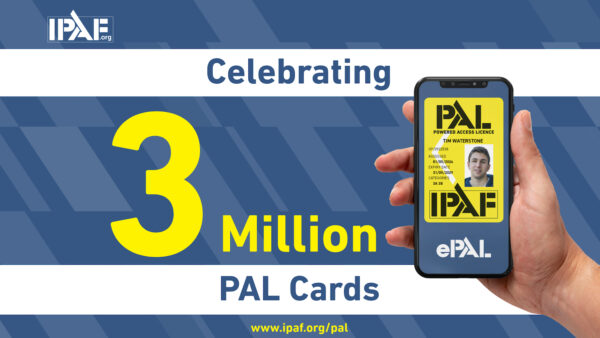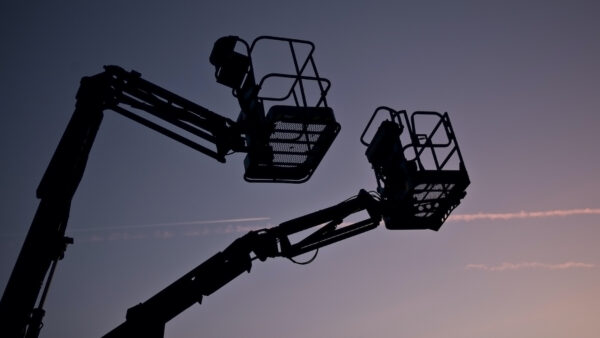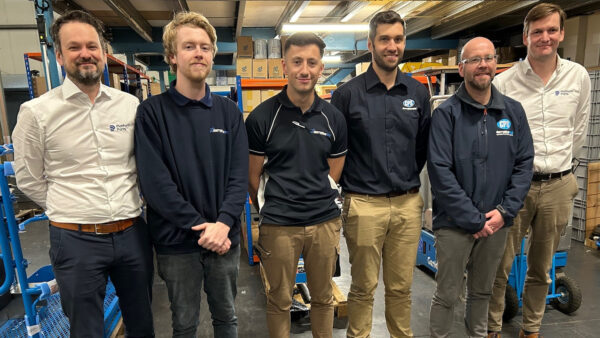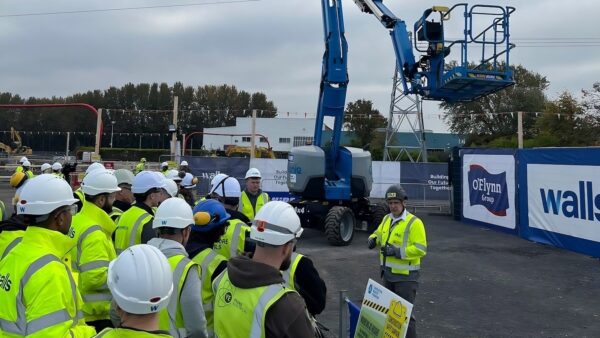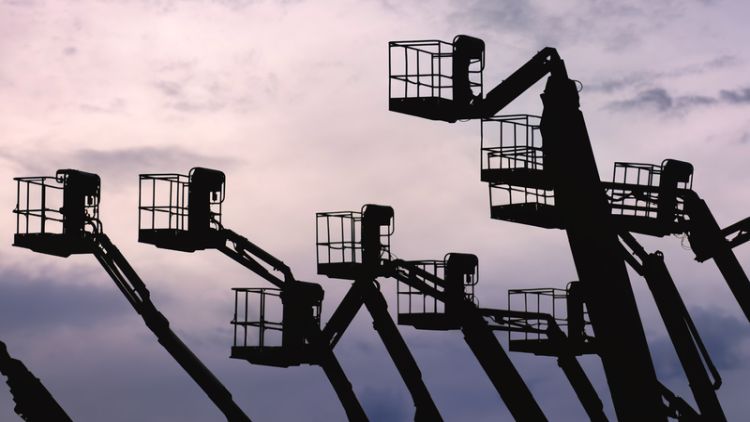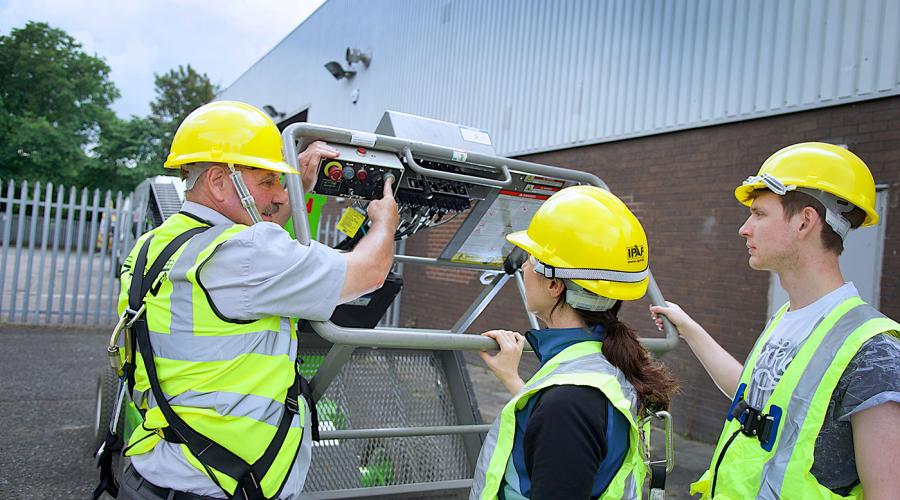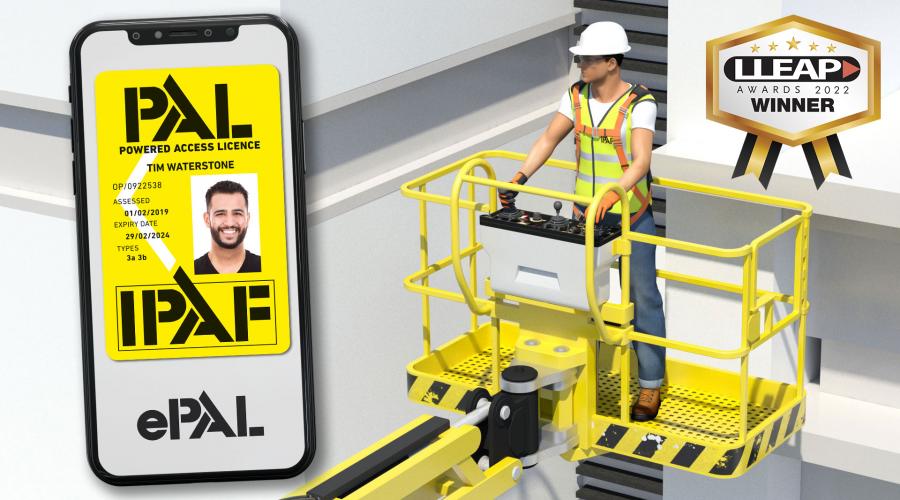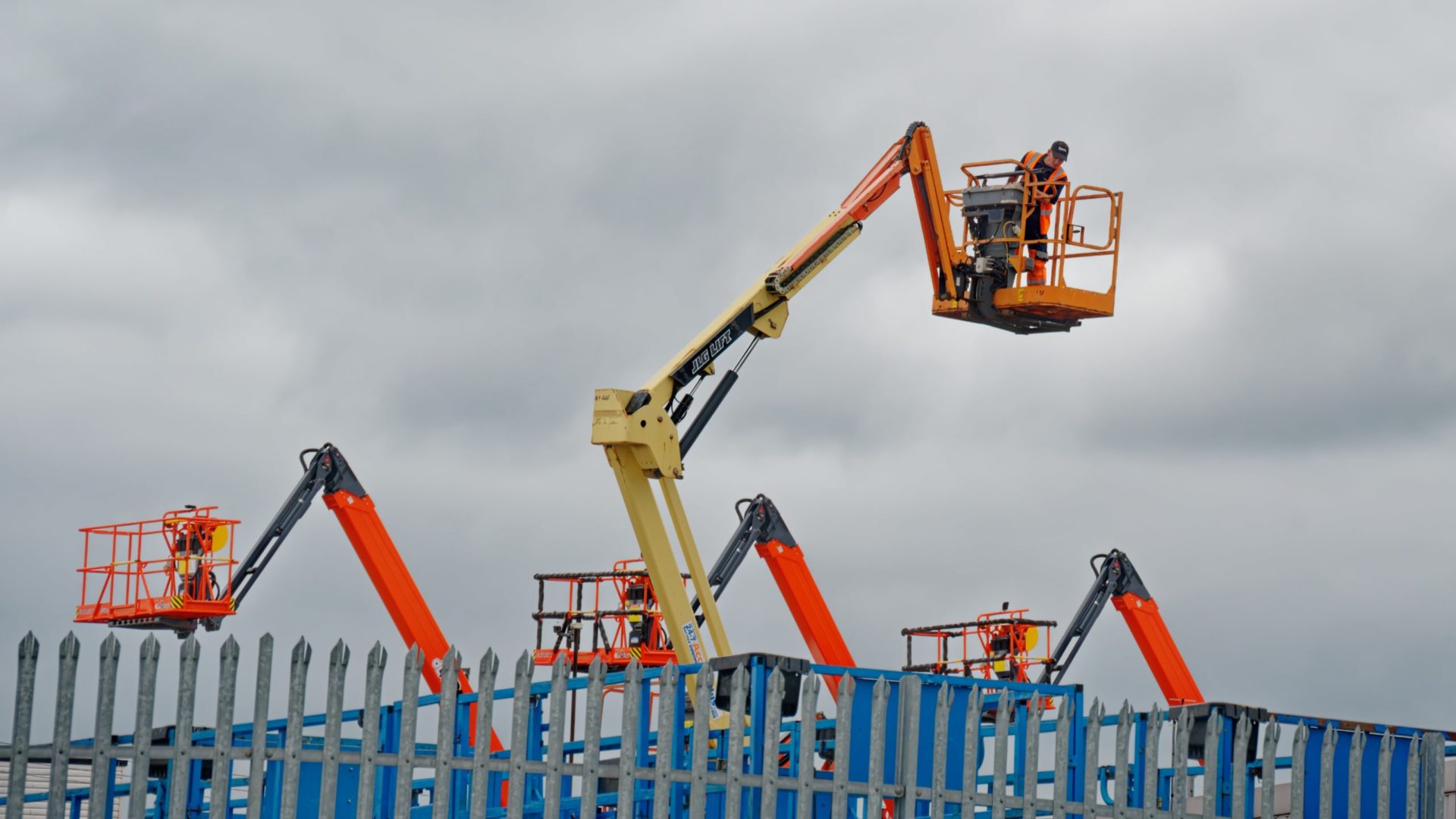
The number of deaths in the global powered access sector has declined over the past year, a new report by the International Powered Access Federation (IPAF) has found.
Although there has been an increase in accident reports, the fatality rates of the main types of accidents relating to work at height have dropped.
The report covers the period 2013-2023 and is based on analysis of incidents logged through IPAF’s accident reporting portal.
It shows that in 2022 there there were 759 reports of safety incidents from 34 countries, 15% more than the previous year. The accidents involved 831 people. Some 102 deaths were reported, a decline of around 19% on 2021, when there were 126 fatalities.
The most common causes of major injury and death in the industry are falls from platform; collision with machine, vehicle or object; entrapment; electrocution or electric shock; mechanical failure; and fall from height without machine involvement.
IPAF says mobile elevating work platforms (MEWPs), mast-climbing work platforms (MCWPs) and construction hoists are statistically among the safest ways to work at height.
Encourage reporting to make industry safer
The sectors that reported more accidents in 2022 were rental activity, construction and facilities management. There were 45 fatalities and 39 major injuries in construction – a decrease in the number of fatalities reported in 2021, when there were 55 deaths.
IPAF’s head of safety & technical, Brian Parker, said: “There are now more countries where IPAF members are mandated to report all incidents into the portal, and the three countries where it is a requirement of membership have seen increased reporting over the past three years. Reporting companies can also benefit from new dashboards to benchmark safety performance.
“It is not yet possible to directly measure the impact of industry safety campaigns and the introduction of new safety and technical guidance or updates to training. But it is nonetheless encouraging to think campaigns such as IPAF’s Don’t Fall for It! or High Voltage!, along with key technical guidance documents, may have helped to save lives or reduce the risk of accidents leading to life-changing injury since being published.”
IPAF’s chief executive and managing director, Peter Douglas, said: “IPAF continues to empower all operators and supervisors to report incidents quickly, easily and, if so wished, anonymously via its ePAL app. We hope this unlocks widespread reporting of accidents, as well as minor and near-miss incidents that often go under-reported.
“Only by gathering this data from all corners of the globe, wherever powered access is used, can we continue to produce this report, and to drive all the initiatives IPAF leads on to make our industry as safe as possible.”


